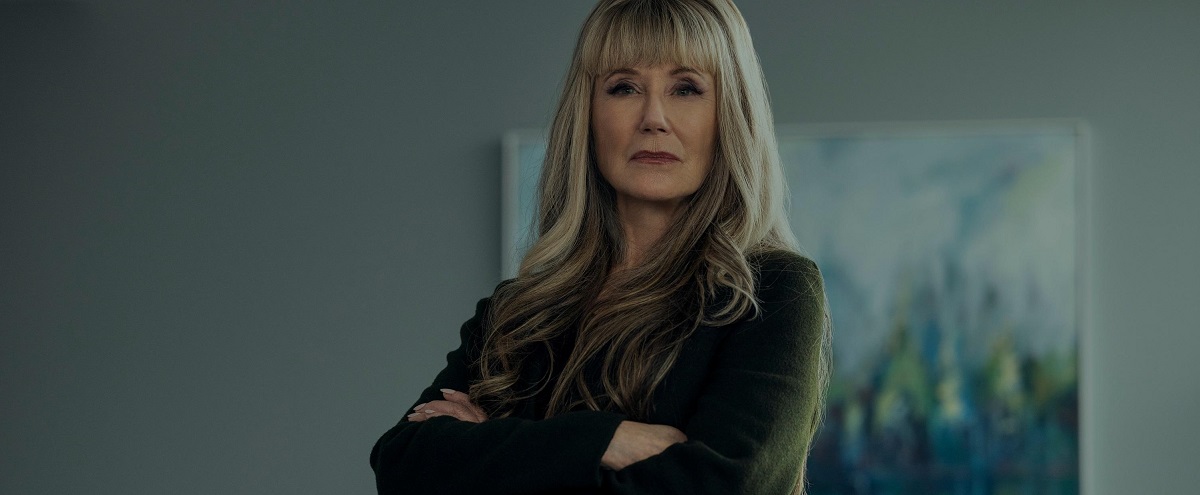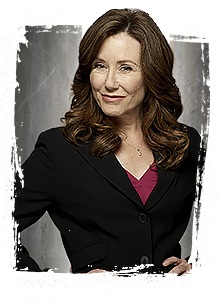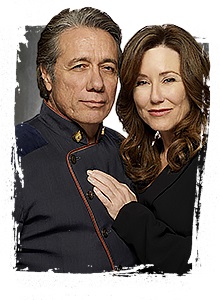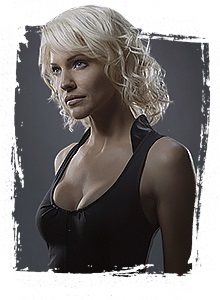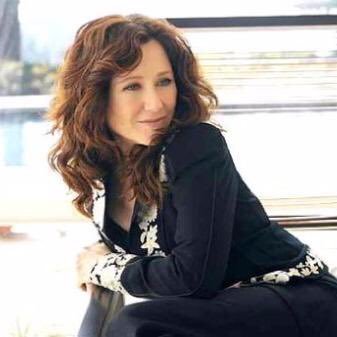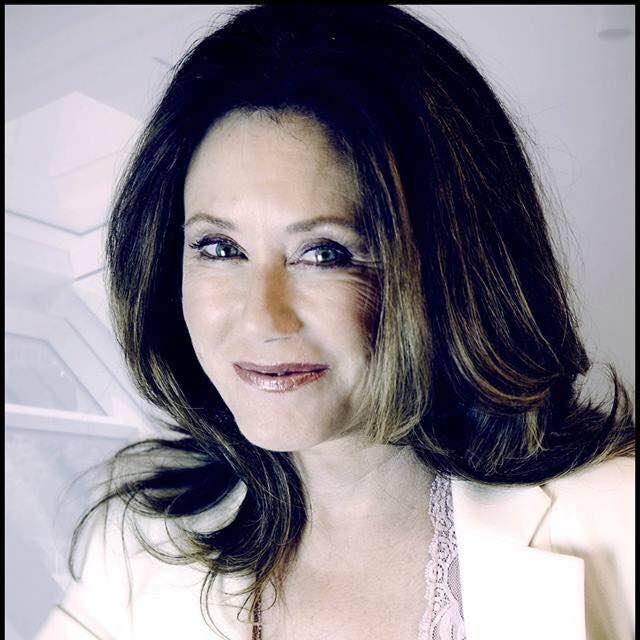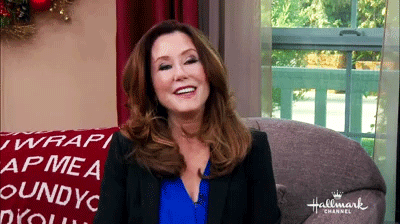
Mary McDonnell Previews Major Crimes Finale, Shares Why Season 2 News Brought Such Relief
Matt Webb Mitovich
October 14, 2012
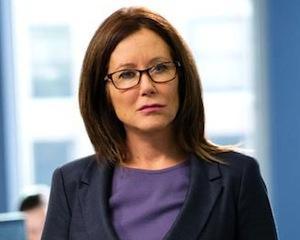
TNT’s Major Crimes ends Season 1 with a bang this Monday at 9/8c, when a sniper vexes the combined resources of Major Crimes and the FBI. Yet in doing so, the intense case brings Captain Sharon Raydor’s team closer than they’ve been since a certain Southern belle’s exit. TVLine invited Mary McDonnell to reflect on the spin-off’s success and share why the Season 2 pick-up means so much to her because of the many other lives it rewards.
TVLINE | When last we spoke, you discussed how Raydor had evolved over the course of her time on The Closer. Now, what about during these first 10 episodes of Major Crimes?
She has been revealed to me as somebody who has a somewhat balanced life, in that she has as much of a journey on a personal level as she does on a professional level. She seems to be a person that doesn’t shy away from a challenge, no matter what it is — and she has a really interesting ability to face dead-on whatever it is in front of her. I’m also understanding her really great impulsive instincts as a mother archetype. And I loved seeing the way in which she and some of the other squad members found common ground or despite themselves enjoyed each other.
TVLINE | Yeah, Provenza in particular was pretty rough on her at the start.
Yes, he was. And organically, that was absolutely right, so I don’t think it threw her. And I think that’s partially why they were able to get through it. I don’t think that’s every going to be the easiest relationship, but I think it could be one of the more rewarding ones.
TVLINE | Let’s talk about Rusty. TV shows often have a hard time injecting a kid into the situation, especially a teen and within a procedural format. Why did you think it was important to have that character be a part of Major Crimes?
I think that [series creator] James [Duff] knew instinctively, when he was working with me and working with Raydor and working with this new series, that there really was something about opening Raydor up to the mother archetype could be very powerful at the center of a crime drama.
TVLINE | Right, and it’s a dynamic that the Brenda character never really had.
Correct, that’s different from her life. It’s very, very different, and I think that’s important because you want to create a spin-off but you really want to create a new show, too. In most cases you have the glory of all of these characters continuing to move forward but that then presents you with a different set of challenges. Like, how do you create a new show with the same people? James understood that there were aspects to Sharon Raydor that were extremely different than Brenda Leigh and that had to do with her personal layers and her soul layers, and there were possibilities for those to be expressed. I also think that the character of Rusty is necessary culturally right now. We need to take a look at our social systems of young men being raised without parents, because there are a lot of them out there. The police deal with this constantly, foster children, young people who are on the street, people who are living a certain kind of life, so it’s a beautiful, almost spiritual principle to take a look at what machinery we have in place to cope with these young men. And clearly, it gives me and Sharon Raydor an opportunity to explore a lot of things and reveal to the audience a lot more about her. I think her relationship with Rusty helps the audience trust her.
TVLINE | What kind of a Season 1 finale are you giving us on Monday night?
Well, not to spoil, but I think it’s absolutely fabulous. It’s so interesting and complex, and in some way it allows us to complete an arc so that when we begin Season 2, there is the opportunity to get into some very deep, deep crimes. I don’t think any of what we experienced in the first season inter-dynamically is going to suddenly transform itself overnight, but there is a strength in our differences that I felt by the end of the finale.
TVLINE | And as far as the case itself, there a sniper on the loose?
Yes. It’s a big deal. It’s a really big deal, so they all are compelled and propelled to work their very best.
TVLINE | Lastly, what did it mean to you when the show got its Season 2 pick up? Because I imagine that for an actress, this was probably one of the most precarious situations to walk into.
I absolutely agree, it was. There was the pressure and the risk factor of taking on this spin-off, stepping in as Sharon Raydor, everything that it implied to just sort of follow the legendary Closer. You had to approach it with a lot of humility and commitment and not get caught up in “success or failure,” any of the externals. But I knew that. I’ve been doing this for a long time, so I know how the horse race is successfully won — you put your head down and you do your best. But then when you get your head up, you go, “Did it work? Have we succeeded?” Because if it didn’tsucceed, a great deal of that will land in my lap just because I’m so visible. But I knew it was succeeding on the floor when we were shooting it, so I said to myself, “Calm down. This is working. This is going to work. I know this is going to work.” And it worked so successfully, actually, that it was thrilling. When we got picked up, all I could think about was I’d been granted relief, tremendous relief. But what I really felt relief for was the 250 to 300 people who would continue to be employed. This is a huge production company, and they’ve been working now together for eight years. That’s a lot of families, a lot of mortgages, a lot of lives and their hopes and dreams, and commitments continuing. In this time of recession and unemployment, [earning a renewal] felt fabulous.
